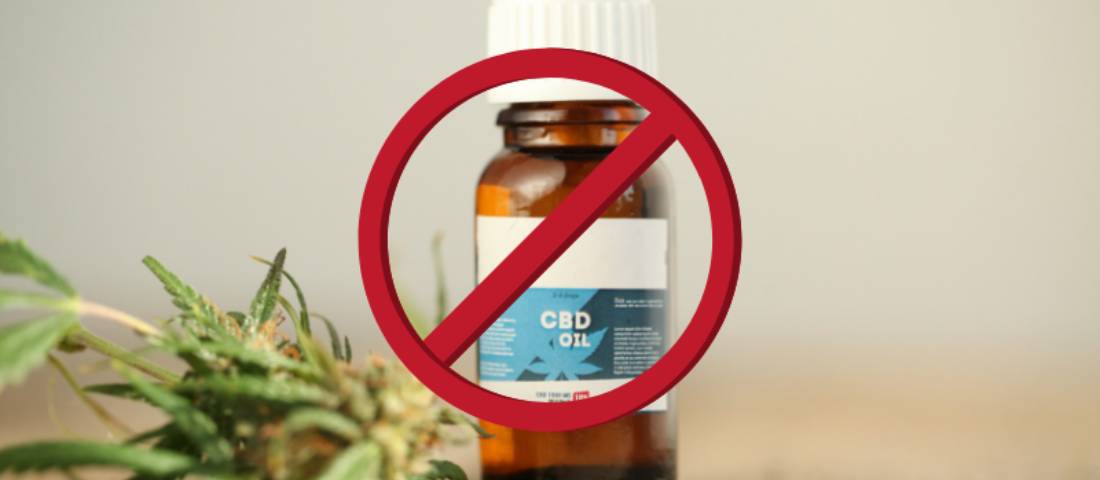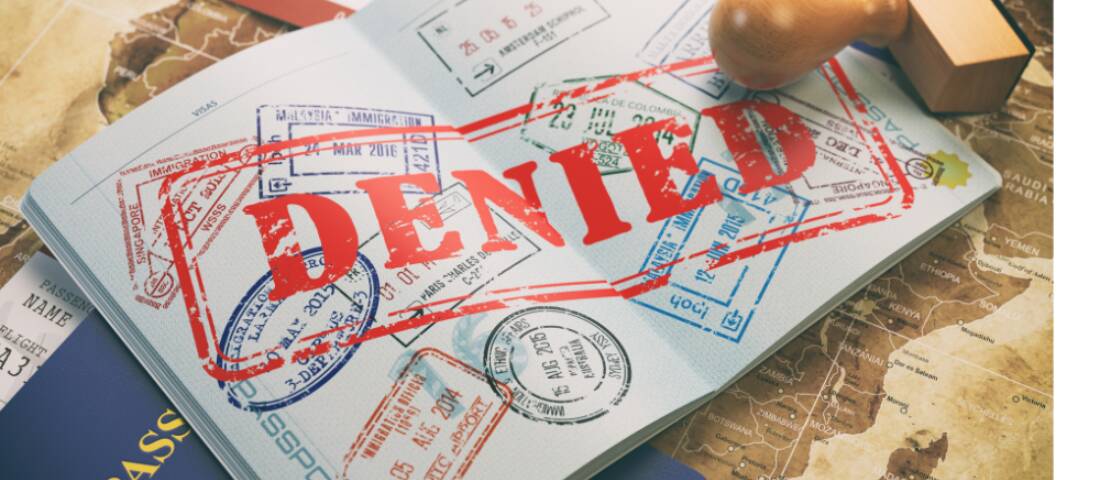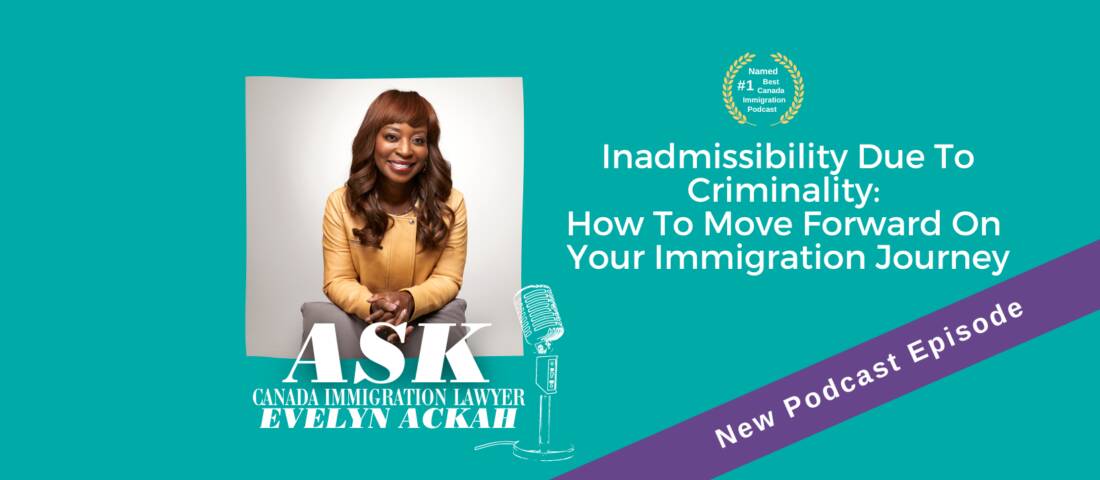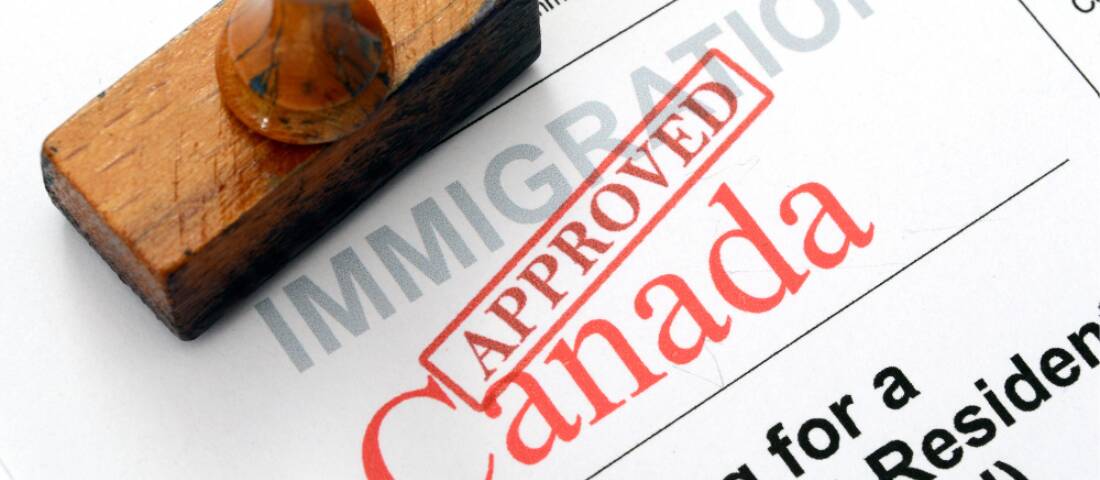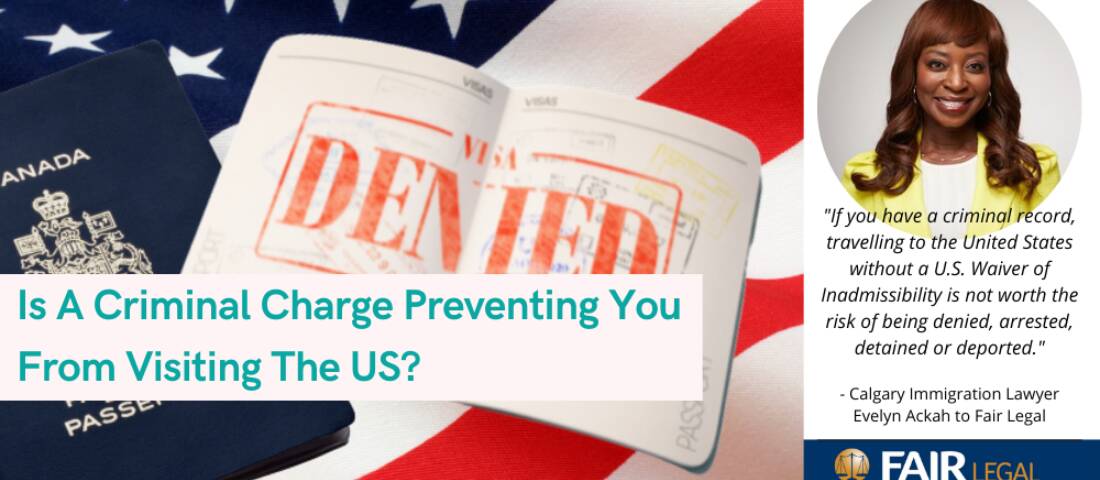Canada's marijuana legalization and decriminalization have resulted in many criminal inadmissibility questions for individuals and corporate Canada/U.S. cross-border business. A recent case demonstrates legal issues Canadians continue to face crossing the border into the United States. A Canadian woman crossing the border was carrying CBD oil, which is legal in both British Columbia and Washington state where she was crossing. CBC reports that she truthfully responded to the border agent's question whether she had any "leafy greens" on her person; she did not understand that the question also applies to CBD oil. When her bags were inspected she was denied entry and is facing a potential lifetime ban for crossing into the U.S. with a controlled substance.
Thousands of Canadians have been denied entry to the U.S. simply for admitting they've smoked a joint once in their lives.
- MSN
Cannabis use and sale are now legal in Canada. The U.S. / Canada Border is patrolled by United States Federal Agents. While some states have legalized marijuana and CBD products, United States federal law bans the use, sale and investment in the cannabis industry. If a Canadian enters a U.S. state where marijuana use is legal with marijuana or a related product such as CBD or THC, they are subject to being permanently denied entry.
Canada immigration lawyer Evelyn Ackah has answered many clients' questions about marijuana and cross-border travel:
"Many of our personal and corporate clients are confused about the laws for entering the U.S. if you have legally used or bought marijuana, or have a past conviction from illegal use. We advise our clients that using, buying or selling cannabis products or derivatives - including CBD oil - can be grounds for inadmissibility to the United States, fines and a lifetime ban. We can apply for a waiver, and if we succeed that waiver must be renewed every year, two years or five years."
Criminal Inadmissibility to the United States
One of the most stressful issues for people traveling to Canada or the United States is criminal inadmissibility. DUI's, assault, and possession of marijuana convictions even 30 or 40 years old can cause you to be deemed inadmissible to enter at the border.
PODCAST: OVERCOMING CRIMINAL INADMISSIBILITY TO ENTER CANADA OR THE UNITED STATES
If you are permanently banned from entering the United States for your legal Canadian purchase and use of marijuana and related products, or for illegal use of cannabis in your past, you can appeal the decision. Ackah Business Immigration Law provides comprehensive expertise in all areas of Canadian and United States immigration law including criminal inadmissibility.
- Do you want to travel for vacation?
- Does your job require you to travel?
- Have you ever been fingerprinted, charged or convicted?
An immigration lawyer can research your case and help you file for a waiver, be deemed rehabilitated or identify a compelling reason why you need to travel, such as work or a family emergency. A waiver may last for only one year, or for several years - each case is unique.
U.S. Visa Waivers of Inadmissibility
American Customs and Border Protection Officers (CBP) have broad discretionary powers and if you present yourself at the border with a criminal record, regardless of the nature of the crime you committed, you may be refused entry and asked to submit a Waiver of Inadmissibility Application to the Department of Homeland Security before attempting to travel again.
CBP has launched a new online system for eligible nonimmigrants to enter the United States called e-SAFE, for electronic applications of waiver of inadmissibility forms I-192 and I-212.
Read More:

